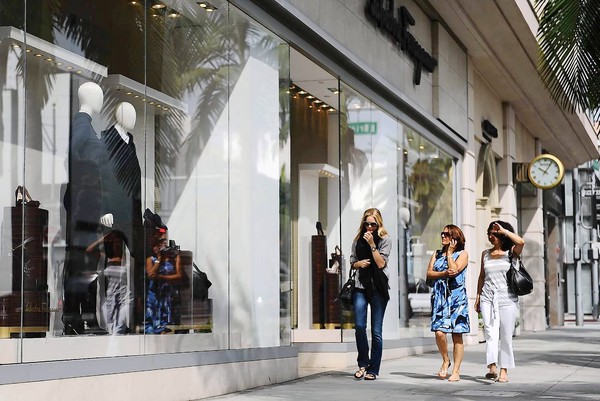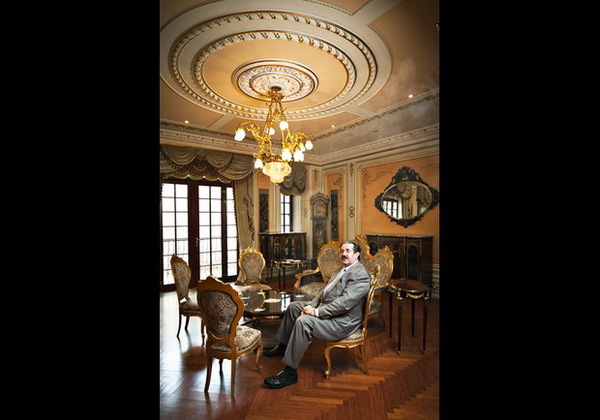The recent plunge in the stock market has given rise to fears of a second recession. The 13 percent plunge in stock prices since 22 July has been a dampener on the luxury market, especially because of the high sales that preceded the recent slump. Many business watchers are still hopeful that the wild ups and downs of the recent days will just be a temporary phenomenon. Nobody wants to return to a second recession especially at with economies still struggling to recover from the previous one.
Stock Market Slump
Luxury retail brands witnessed a huge jump in sales last month, and the future was looking bright in the luxury sector when the slump hit. Many luxury brands had begun marking up their products, a marked change from recession days when designer garments sold at 70 percent of their value. And there appeared to be buyers for even marked up luxury goods. Chanel saw its $4,300 classic flap bags sell off with great rapidity despite a $600 markup in June.
However, the plunge in the stock market in recent times has affected big luxury brands. New York-based Saks and Seattle-based Nordstrom have been especially badly hit this time around. Standard & Poor found that the two high-end department stores underperformed by as much as 12 percent since 19 July. Last week, I had written about how things were looking up for Ralph Lauren and Macy’s over the last quarter. But a prolonged slump in the luxury quarter could affect these growth stories as well.
Cutbacks On Luxury Spending
The American consumer is still affected by the last economic recession. So the ups and downs in the stock market continues to directly impact luxury spending to some extent. According to Unity Marketing Inc., a firm that tracks luxury retail, wealthy customers have already curbed their spending habits. In the quarter ending 30 June, American consumers have spent 18 percent less on luxury goods as compared to 12 months ago. In the week ended 7 August, wealthy consumers became increasingly pessimistic according to the Bloomberg Consumer Comfort Index, recalling their confidence levels before November 2009.
If the wealthy buyer curbs his spending habits, it is bad news for the luxury industry and for the economy as a whole. After all, the luxury spending habits of Americans who earn over $100,000 a year are integral to a positive mood in the economy. According to statistics, the top 20 percent of highest earning households account for 40 percent of consumer spending in the US economy.
Even during the last recession, the luxury goods industry had suffered the most because these are perceived as being non-necessities. Luxury retailers are worried that the slump in the share market could once again persuade high-income individuals to curb their luxury spending.
Impact On Previous High Sales
The share market slump comes at a time when business was booming again. Many luxury brands felt that they were back on the right track. Consumers had upped their shopping budgets. But the recent share market volatility could dent this optimism. If this volatility persists, we could see greater discretion on the part of buyers, and the slow rate of economic recovery would become slower still.




